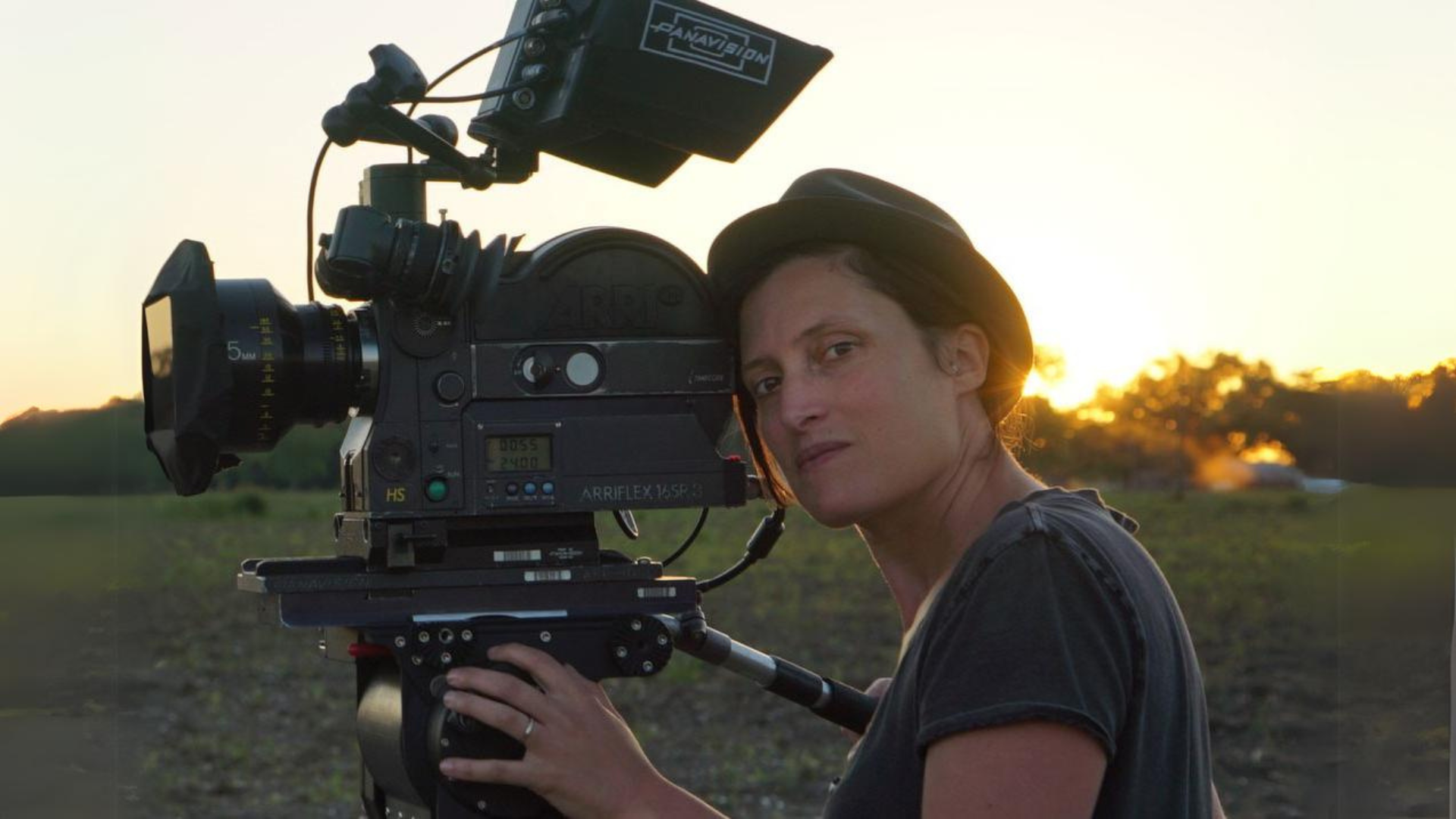
Rachel Morrison has consistently pushed the boundaries of what is possible in the world of cinematography and filmmaking. As the first woman to be nominated for an Academy Award for Best Cinematography, Morrison's achievements are not just a testament to her technical skill but also her ability to channel deep emotional narratives through the lens. Her work on films like Mudbound and Black Panther has redefined the visual landscape of cinema, blending haunting beauty with raw, gritty realism. Morrison's approach to storytelling is rooted in her belief that empathy and emotion are central to the craft, qualities she believes are often overlooked in a field traditionally dominated by men.
Morrison’s journey to becoming a leading cinematographer began in her early years. Growing up in Cambridge, Massachusetts, she developed a passion for photography at a young age. This interest led her to pursue a double major in film and photography at New York University before completing her MFA at the American Film Institute. Her early career was marked by notable achievements, including an Emmy nomination for her work on the documentary Rikers High. Over the years, Morrison has built an extensive body of work that includes eight Sundance premieres in seven years, with films like Fruitvale Station and Dope establishing her as a formidable talent in independent cinema.
Morrison’s career is characterized by her ability to seamlessly transition between cinematography and directing, often doing double duty on projects. Her directorial debut is set to be released in late 2024 with The Fire Inside, a narrative centered around the American Dream and its harsh realities. Morrison's pioneering spirit continues to inspire a new generation of filmmakers, particularly women, in an industry that remains predominantly male. Her work on high-profile projects like Black Panther not only showcases her talent but also challenges the industry to broaden its perspective on who can lead major cinematic endeavors.
